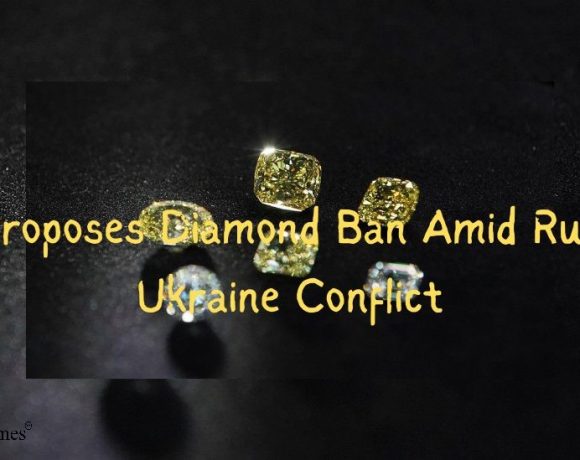
Hungary’s ambition in electric vehicle (EV) battery manufacturing has surged, with plans to become a significant player globally. Despite ranking third behind China and the US, Hungary aims to surpass the US soon, as articulated by Foreign Minister Peter Szijjarto during his visit to Beijing. This push aligns with Hungary’s broader strategy of strengthening economic ties with Eastern nations, particularly China and South Korea.
The influx of Chinese investment is evident, with numerous factories, including those of CATL and BYD, dotting the Hungarian landscape. However, this rapid industrial expansion has sparked environmental concerns and local opposition, particularly regarding water scarcity and potential health hazards. Critics worry that Hungary risks becoming overly reliant on foreign companies, potentially leading to stagnant domestic research and development.
The Hungarian government acknowledges these challenges, emphasizing the importance of not just attracting production but also integrating research efforts. Balazs Orban, from the Prime Minister’s Office, highlights the need to merge foreign investors’ research with Hungarian companies to ensure long-term economic sustainability. Despite the economic benefits of foreign investment, concerns persist regarding labor exploitation and Hungary’s evolving role in the global supply chain.
As Hungary’s industrial landscape transforms, balancing economic growth with environmental sustainability and domestic innovation remains a pressing concern. The government faces the delicate task of harnessing foreign investment while safeguarding Hungary’s long-term interests and preserving its environmental and social fabric.
Picture Courtesy: Google/images are subject to copyright

